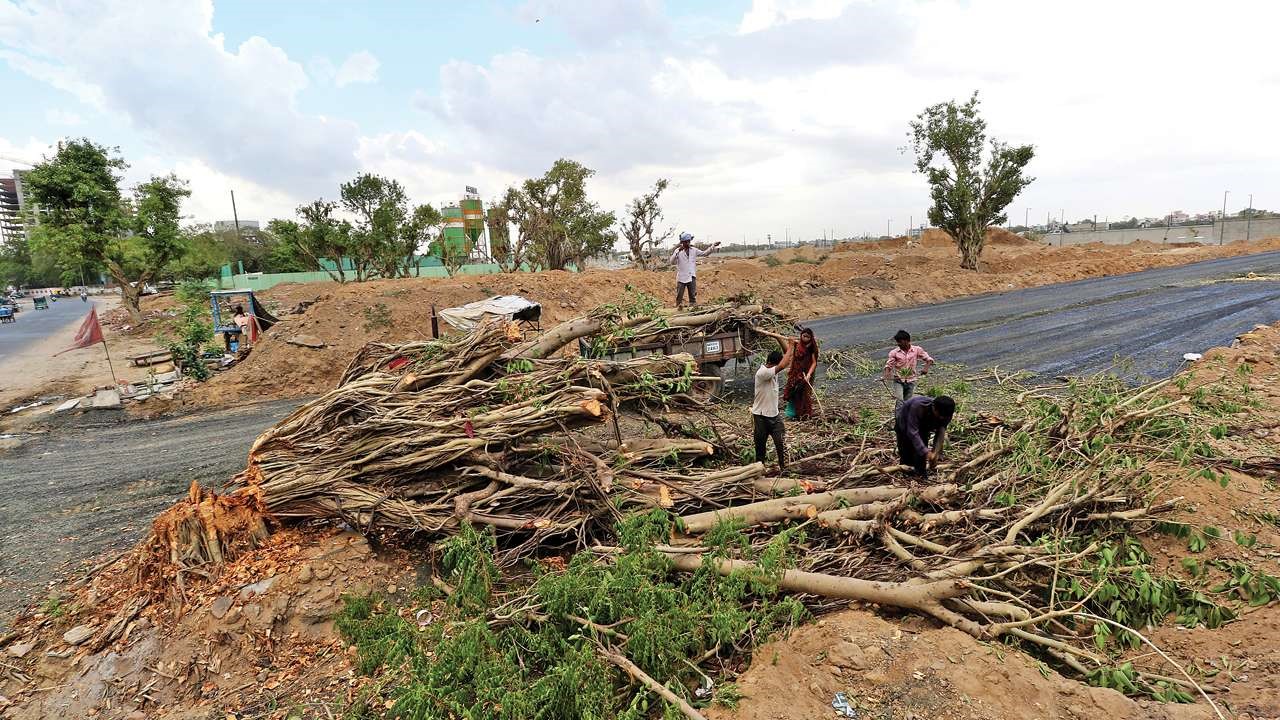Free Courses Sale ends Soon, Get It Now


Free Courses Sale ends Soon, Get It Now



Disclaimer: Copyright infringement not intended.
Context
Findings of the report
Public health
|
IMR and MMR IMR - The infant mortality rate (IMR) is the number of infant deaths for every 1,000 live births. As per the Sample Registration System (SRS) Bulletin of Registrar General of India (RGI), the Infant Mortality Rate (IMR) has reduced from 37 per 1000 live births in 2015 to 30 per 1,000 live births in 2019 at National Level. MMR - Maternal Mortality Ratio (MMR) is the number of maternal deaths during a given time period per 100,000 live births during the same time period. India has successfully achieved the major milestone of bringing down its MMR to 97/lakh live births in 2018-20. |
Public infrastructure and human development
Agriculture
Overall environmental performance
Other Key findings
Plastic Pollution
Municipal solid waste
Life Expectancy
Migration and displacement
|
PRACTICE QUESTION In context of State of India’s Environment 2023 report, published by CSE and DTE, examine the areas of improvement pointed by it. Also suggest what could be done to improve the situation? (250 words) |
Sources: https://pib.gov.in/FeaturesDeatils.aspx?NoteId=151238&ModuleId%20=%202
© 2024 iasgyan. All right reserved